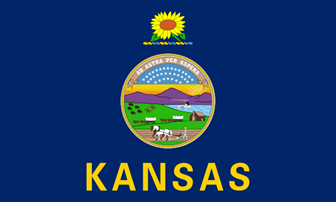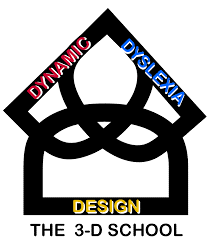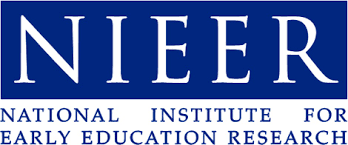One in five North Carolina teacher vacancies are in Exceptional Children departments – By Chantel Brown, EdNC
As teacher turnover and vacancies increased in North Carolina during the 2022-23 school year, districts across the state struggled to fully staff their Exception Children (EC) departments, according to data released this month from the Department of Public Instruction (DPI).
North Carolina had 6,150 teacher vacancies on the first day of the 2022-23 school year, according to DPI’s State of the Teaching Profession report, and 6,006 vacancies on the 40th day of school. Of those, there were 1,203 vacancies for K-12 EC teachers — roughly 20% of the state’s teacher vacancies.
While first-year teachers had the highest rate of turnover, the DPI report identified a few department areas with persistent staffing challenges.
“Surveys from a majority of the state’s LEAs show that there is a dearth of teachers licensed in the areas of mathematics and elementary education,” the report said. “Finding teachers who are licensed in the area of Exceptional Children also continues to be a challenge for the state’s LEAs.”

Kansas governor signs law providing flexible enrollment calculations for school funding – By Rachel Mipro, Kansas Reflector
Legislation altering the state’s funding formula for public school districts will bolster schools struggling with declining enrollment, the governor said as she signed the bill into law.
Gov. Laura Kelly on Friday signed Senate Bill 73, which passed 120-3 in the House and 35-4 in the Senate. Under the law, districts with declining enrollment can choose between three options to count enrollment for the 2024-2025 school year: current year enrollment, preceding year enrollment, or an average of the two preceding school years.
From the 2025-2026 school year on, districts will be required to choose between the current year and preceding year enrollment counts.
“This bill represents a crucial step in ensuring that our school funding formula supports all types of districts, from growing suburban schools to our vital rural schools,” Kelly said. “By allowing districts more flexibility when determining their enrollment count, we’re helping districts across the state better plan for the unique needs of their communities.”

Dyslexia therapy certification legislation awaits Governor’s signature - By Jeramy Pittari, Magnolia Tribune
A bill that aims to bring dyslexia therapy to more students has reached the Governor’s desk, but the author of the legislation is worried an interest group is working to convince Governor Tate Reeves (R) to veto it.
This session, State Senator Jeremy England (R) introduced SB 2681, a bill that would allow educators who hold a dyslexia therapy certification from another state to provide that service to students in Mississippi’s public schools.
“What we would be opening up for is a Swiss Army knife of a teacher,” Senator England told Magnolia Tribune on Friday. “Our current law is preventing them from doing that.”
Yet, the Coast lawmakers said he is concerned a non-public dyslexia therapy school is trying to convince the Governor not to sign the bill, naming The 3-D School in Petal.

Preschool enrollment, state spending hit record highs -Kara Arundel, K-12 Dive
Enrollment in state-funded preschool programs surged during the 2022-23 school year, but access to quality early learning is uneven across the states, according to The State of Preschool 2023 Yearbook released Thursday by the National Institute for Early Education Research and Rutgers Graduate School of Education.
The research shows a 7% increase in pre-K participation in 2022-23 compared with the previous year. Enrollment of 3- and 4-year-olds reached an all-time high at 11%, and 6% growth, respectively.
Overall, 35% of 4-year-olds in the U.S. attended an early learning program in 2022-23. New universal pre-K programs in several states contributed to the growth, NIEER said.












